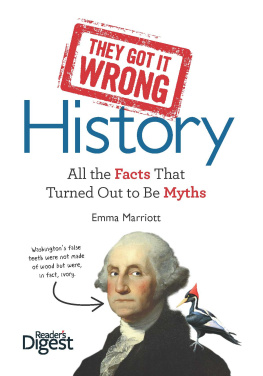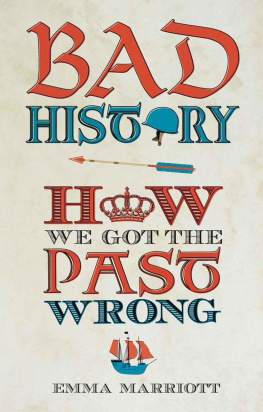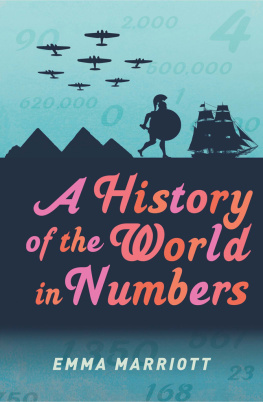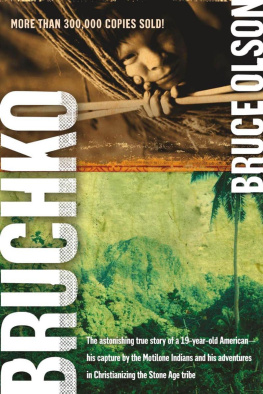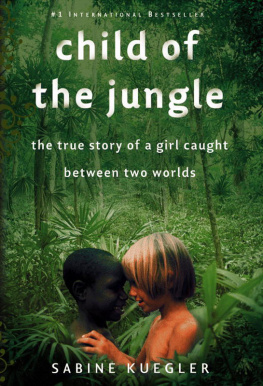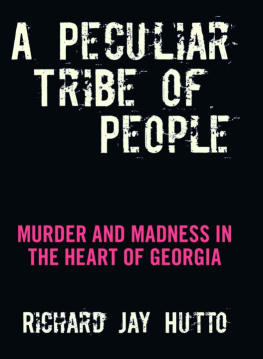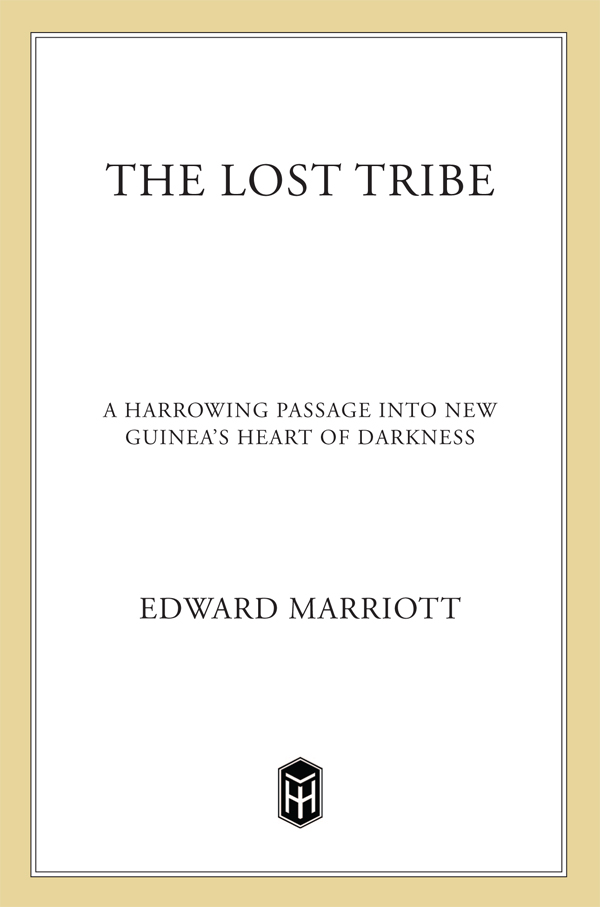Contents
Guide

The author and publisher have provided this e-book to you for your personal use only. You may not make this e-book publicly available in any way. Copyright infringement is against the law. If you believe the copy of this e-book you are reading infringes on the authors copyright, please notify the publisher at: us.macmillanusa.com/piracy.
For Milla
And this gospel of the kingdom shall
be preached in all corners of the
world for a witness unto all nations;
and then shall the end come.
Matthew 24:14
Be a good boy now. If you are
naughty, look out for the white
man will get you.
Mothers warning, Papua New Guinea
The lost tribes until the last tribe.
Slogan, New Tribes Mission
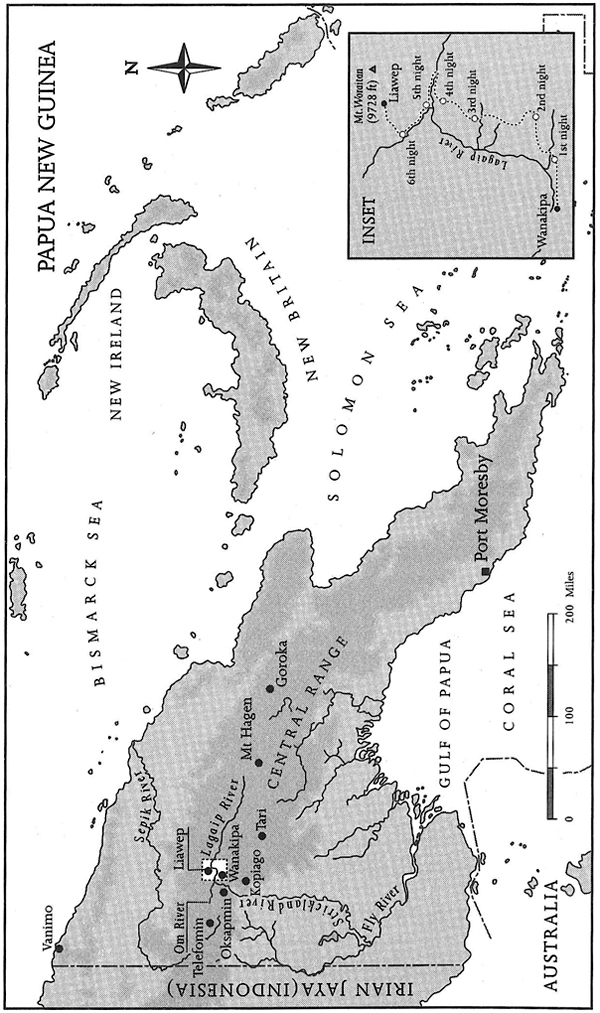
Two years before this story begins, the Liawep were a lost tribe. There were seventy-nine of them, living in deep jungle in far northwest Papua New Guinea. They worshiped a mountain and dressed in leaves. They hid when planes flew overhead, believing them to be evil sanguma birds. There was no record of the Liawep in census books; as far as the outside world was concerned, they did not exist.
Once they had been the fiercest and most feared warriors in the jungle. But, as they began to learn about the modern world, they grew more timid. Coastal men who had begun to trade with them, who took weeks to carry their parcels of beads and salt from the heat of the coast into the dark jungle, warned them that the penalty for tribal fighting was now jail. But they also learned of hospitals and it was this information that started all this, everything that follows.
One of the Liawep elders was dying and his grandson, Kohi, decided to find help. The traders had said the nearest hospital was at Oksapmin, a government station six days away. No Liawep had ever walked this far.
It was a hard journey, across mountains that rose sheer out of boiling brown rivers, up through mist, then down again through the cathedral-canopied jungle of giant buttressed garamut trees, the tentacle roots of strangler figs and stilt-rooted pandanus pines. Kohi passed through tribes speaking languages he had never heard before. By Oksapmin, exhausted, he understood nothing.
The government officer, Peter Yasaro, was astonished to see this elf staggering in from the forest, grinning and dumb. He renamed him Jack and, over a period of six months, taught him pidgin English. He gave him a pair of shiny nylon football shorts to replace the leaves he had worn when he arrived. He drove him up and down the airstrip in a Jeep and flew him to the coast in a Twin Otter. He showed Jack the church and explained that God lived there.
Bombarded by novelty, Jack forgot all about his grandfather. As he picked up pidgin, he told Yasaro about his people: that they had used stone axes until the men from the coast, two years before, introduced steel; that they cowered from planes; that they hunted wild pigs with bows and arrows.
Yasaro began to get excited. He knew his history. He had read of the glory showered on patrol officers in the 1930s and 1940s, returning from their epic, ground-breaking expeditions with news of unknown populations. Jacks story confirmed his belief that the jungle still held lost tribes. Six months later, when Jack returned to Liawep, Yasaro set about organizing a patrol. The Liawep would be his discovery.
* * *
Peter Yasaro returned from his three-week expedition in October 1993 and boasted of his discovery in a radio interview. Papua New Guineas two national newspapers picked up the story the next day, describing the Liawep as nomadic Stone Age tribesmen who had been rounded up and would now be prevented from living their nomadic life.
The combination of Papua New Guinea and lost tribe induced the usual slavering in journalists all over the world. The following day the Sydney Morning Herald splashed the storyBaptist missionaries, it added imaginatively, were building a churchand on the weekend Britains Daily Telegraph compounded the fiction by publishing a gloriously inaccurate map.
It was hard to believe tribes were still being discovered, even in dense Papua New Guinean jungle. Wasnt every corner of the earth mapped? And, if lost, what would happen to them now they had been found?
Only weeks from the start of Papua New Guineas wet season, I wrote to Peter Yasaro. Id read about his heroic patrol. Was he planning another? I begged to be included. He replied a month later. I had to seek permission from his boss, Ignatius Litiki, who was based in the provincial capital, Vanimo. If I did not, I would not be allowed to visit the Liawep.
Litiki never replied. Friends who lived in Port Moresby said I should stay at home. If I came on a tourist visa, they warned, I would surely be deported.
I ignored their advice and flew to Papua New Guinea. My plan was simple: to find Litiki and persuade him to let me go. Surely it could not be that hard.
Ignatius Litiki, the committee chairman, wore square steel-rimmed spectacles, a Hawaiian print shirt and a permanent sneer. His skin was very black. Well, gentlemen, he sniffed, come in.
There were three of us: myself and two well-briefed anthropologists, armed with box files, who had been photographing ancient carvings down the coast. They were here to explain their findings, and adjusted their ties confidentlythey had booked this appointment weeks ago. I, on the other hand, had arrived unannounced and underdressed.
The three of us had spent the last hour together in the towns only hotel, a collection of mold-skirted wooden buildings near the beach. My nerves had made me hungry, and Id gone there to eat. They were alone in the restaurant when I arrived, at a small table with a red plastic ketchup-tomato and white easywipe tablecloth, reading their menus in silence.
They were booked to see the research committee half an hour before me. Both wore jackets and ties; their faces were shiny with sweat. The white man was an American: Dr. Robert Scott, pleased to make your acquaintance. He was fortyish, bald, with a soft sandy moustache, bee-stung pink lips and splayed teeth, over which he drew his top lip when he spoke.
He introduced the Papua New Guinean beside him as Wilfred, my colleague. Wilfred looked at the tomato. He wore a brown wool tie over an orange plaid shirt. When he ordered, he loosened the tie and wiped his brow on a paper napkin.
I told them that I, too, was due to meet the committee. I suggested we go together, hoping that some of their purposeful formality might rub off on me.
Scott looked at me. Surely. You an anthropologist, too?
No, a writer. I want to visit the Liawep. The lost tribe.
Scott raised an eyebrow. The so-called lost tribe. Its all a load of bullshit, cooked up by some patrol officer to get more funds for his district. He stroked his moustache. And even if they are lost, how do you know youll get there? Its the hardest walking youll ever find. When I was younger I walked a lot and even when youre in peak fitness its like youre going to die. The mountains go straight up and straight down. This is the wet season, remember, so the rivers will be flooded and half the tracks washed away. If you twist your ankle or break your leg, no ones going to help you. Its tough, buddy, and excuse me for saying so but you dont look too tough to me.



